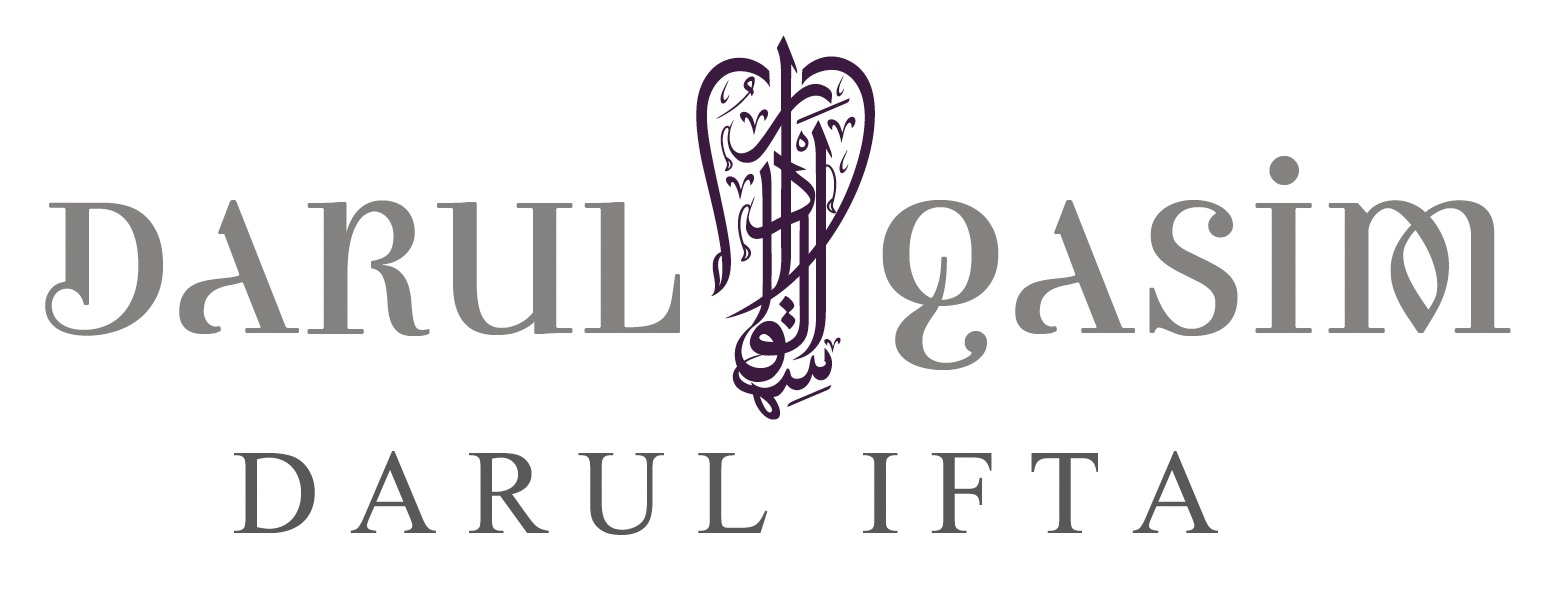Waẓāʾif (Part One)
Question
Assalamualaikum wa rahmatullahi wa barakatuhu,
What is your opinion on the idea of a "wazifa" - a practice common in Pakistan where a scholar tells people to recite something a certain amount of times, such as surah fatiah 1000 times, repeated for a certain number of days, and that this will fix their problems? Is there any evidence for these?
Below are examples of a few:
https://www.youtube.com/watch?v=vqFmTU6jg8I
https://youtu.be/PcGyh84kFgc
https://www.yaallah.in/mushkil-hajat-ka-wazifa/
Answer
Wa‘alaykum al-salām wa raḥmat Allah wa barakātuh.
In the name of Allah, The Most Gracious, The Most Merciful.
Allah taʿālā has placed certain effects in speech. There are innumerable examples for this, a clear example being that the one who speaks lā ilāha illa Allah will enter Jannah. With the divine attributes, the eternal attribute of Allah taʿālā’s speech, and the prescriptions of the Prophet r, this point is all the more pronounced. The correct method of invoking Allah taʿālā is known as duʿāʾ.
The ʿulamāʾ - by virtue of their close reading, piety, and experience (tajribah) - are able to derive various other prescriptions. This began with the Ṣaḥābah. Imām al-Bukhārī narrates a ḥadīth from Abū Saʿīd al-Khudrī (may Allah be pleased with him) who was travelling and came upon a person seeking cure:
Then, a man of whom we had no knowledge of his [performing] ruqyā rose [to go] with her. Then, he [performed] ruqyā upon him and he recovered. And, he orederd for thrity [30] sheep [to be given] to him and he fed us milk. Then, when he returned, we said to him, “Were you [one of expertise] in ruqyā or were you one to [perform] ruqyā?”. He said, “No, I had only [performed] ruqyā with the fātiḥāt al-kitāb”. We said, “Do not do anything until we come or we ask the Prophet r. Then, when we came to Madīnah, we mentioned it to the Prophet r and he r said, “And, how did he know that it is a ruqyah? Divide and make for me a share”.
Of course, as the prescriptions of the later generations are not explicitly mentioned in the nuṣūṣ (statements of revelation) they cannot be maintained as inviolable tenets of the religion whose denial would be bidʿah. At the same time, however, one must not rush to denounce the practice as long as the correct process is being followed. This is because waẓāʾīf, essentially, are a subset of duʿāʾ. Just as there is general permission for duʿāʾ, the same exists for waẓāʾif. Of course, waẓāʾif – being a special form of duʿāʾ - require special training. For the common man, one must observe the following:
- The prescriber must be an authorized body who, obviously, follows the Shariah
- The prescription is particularized for the patient and not publicized for public consumption unless otherwise stated
- The patient must not invent on his own or muddle scattered prescriptions from different sources
The Darul Ifta cannot comment on the media you have provided.
And Allah knows best.
